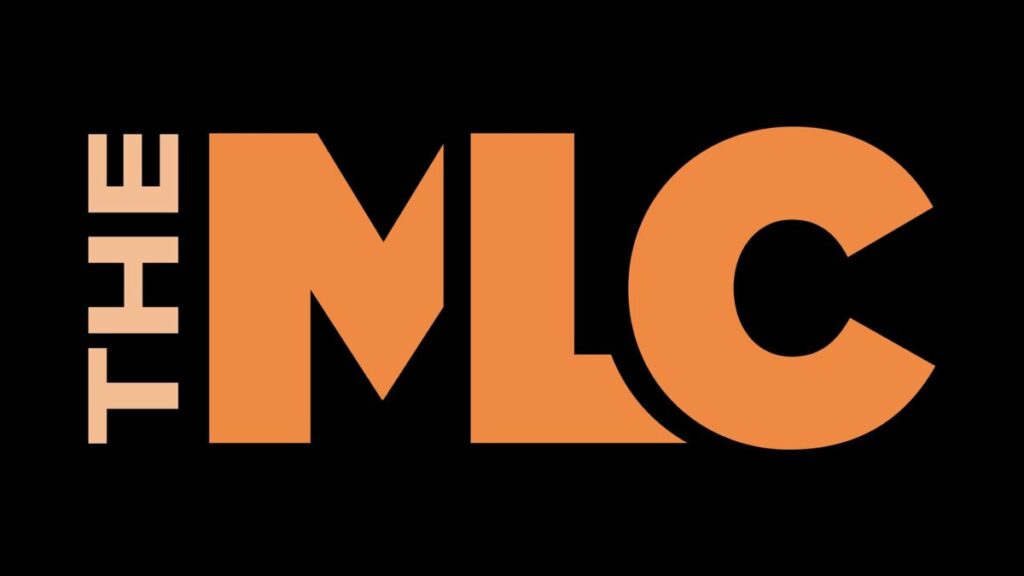Photo Credit: MLC
Yesterday, the Mechanical Licensing Collective (MLC) sued Spotify over an alleged royalties underpayment resulting from bundling. As the much-publicized action itself continues to command coverage – and spur legal threats from the likes of Sony Music Publishing – here’s a closer look at the MLC’s actual arguments.
The MLC’s complaint against Spotify followed firmly worded criticism from multiple organizations – including a cease-and-desist letter sent by the National Music Publishers’ Association. In brief, the pushback targeted the formal reclassification of Spotify’s main $10.99-per-month individual plan (along with Duo and Family) as a bundle.
This move, set in motion after Spotify quietly rolled out a $9.99-per-month audiobook-only plan, might appear insignificant at a glance. But it’s having major mechanical-royalty implications in the States; the bigger-picture effects of the pivot, we explored in detail, remain to be seen.
Once again in the interest of brevity, under the Phonorecords IV determination, Spotify pays stateside mechanicals at a rate of 26.2% of “total content cost” for any music-only plan – against 24.5% for bundles.
Of course, those bundled tiers are Spotify’s standard paid offerings in the U.S., where, by some estimates, switching to the lower percentage will result in a $150 million annual mechanicals falloff. The streaming platform has refuted the assessment (and now the MLC’s lawsuit).
A Top-Level Look At the MLC’s Arguments – “Premium Is Not a Bundled Subscription Offering”
At the top level, the MLC in its lawsuit against Spotify claimed that the above-described bundle – the standard paid offering encompassing unlimited music access and 15 hours of monthly audiobook access – isn’t a bundle at all.
“Premium is exactly the same service that Spotify offered to its subscribers before the launch of Audiobooks Access,” the MLC vented. “Nothing has been bundled with it. … The launch of Audiobooks Access resulted in no change at all in Premium.”
Building on that straightforward argument, the MLC – which says it only learned of the retooled approach “when Spotify submitted its March monthly usage report” – spelled out its belief that the change (and the alleged royalties underpayment) constitutes a “clear breach of its [Spotify’s] obligations under Section 115.”
The MLC’s Other Qualms With Spotify’s Bundling Reclassification
In support of its main position, the MLC introduced several related arguments, one being that “an offering must include at least two distinct products or services” to constitute a bundle. As the MMA-designated entity sees things, Spotify Premium isn’t a bundle, because it already consisted of the current components when the standalone audiobook plan debuted.
Moreover, “Spotify neglected to create a different product” with its audiobook plan, according to the MLC, which maintained that the appropriate subscribers, despite paying $9.99 monthly, also have access to unlimited music – or “the same product” as in the ostensibly bundled tiers.
(For obvious reasons, the audiobook package, just $1 less than its music and audiobook counterpart, probably isn’t finding many takers. Surprisingly, at the time of this writing, the ostensibly audiobook-only $9.99 plan was, in fact, still affording access to audiobooks and unlimited music alike on Android devices.)
“But even if Audiobooks Access were a differentiated product,” the MLC added for good measure, “Premium still would not qualify as a Bundled Subscription Offering. That is because the audiobooks component of Premium does not have more than the ‘token value’ required to qualify as a” bundle under Section 115.
The Bottom Line: What Relief Is the Mechanical Licensing Collective Seeking from Spotify?
First and foremost, the MLC is seeking “an order declaring that Spotify’s characterization of Premium as a Bundled Subscription Offering, and its resulting underpayment of royalties, is in violation of the rates and terms set forth in Section 115,” according to the suit.
Also sought by the filing entity are compensatory damages due to the alleged royalties underpayment as well as late fees, attorneys’ fees, and a preliminary injunction blocking the alleged mischaracterization moving forward.
>>> Read full article>>>
Copyright for syndicated content belongs to the linked Source : DigitalMusicNews – https://www.digitalmusicnews.com/2024/05/17/mechanical-licensing-collective-spotify-lawsuit-analysis/
